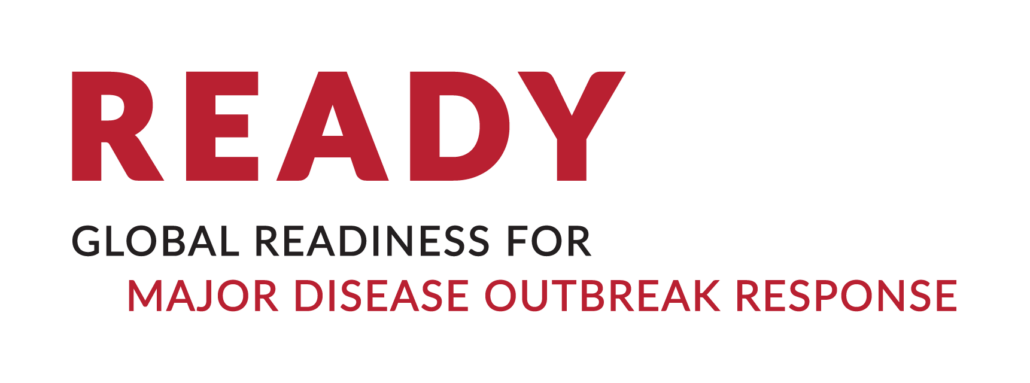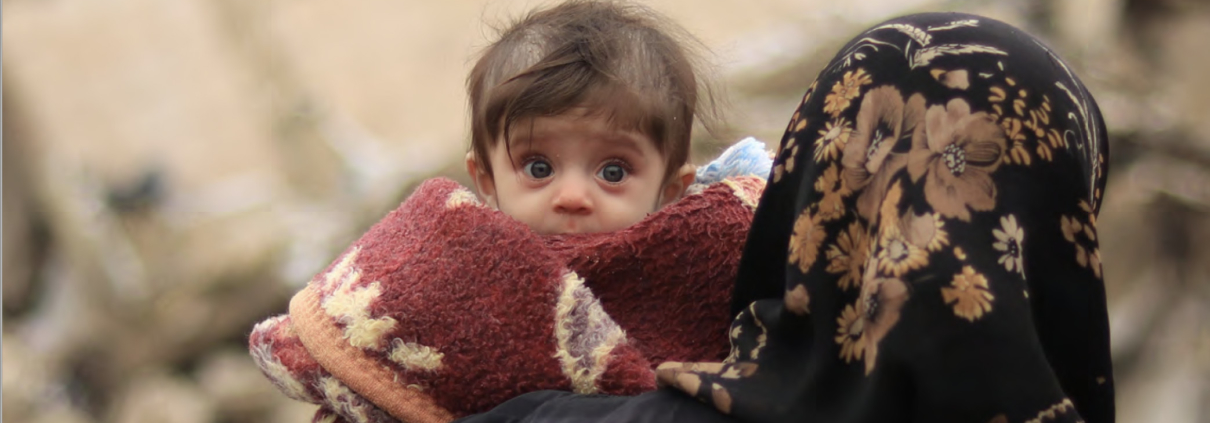Risk Communication and Community Engagement Guidance on COVID-19 Vaccines for Marginalized Populations
This inter-agency guidance document (2.5MB .pdf) aims to supplement the COVAX demand creation package for COVID-19 vaccines, adding key considerations for humanitarian contexts and marginalized populations with specific access and communication needs.
This document has two primary parts:
- Part 1 focuses on general considerations related to RCCE and advocacy for equitable COVID-19 access for marginalized populations.
- Part 2 focuses on specific considerations and recommendations for each population segment. The population segments addressed are:
- Refugees, migrants, internally displaced persons (IDPs), asylum seekers, and stateless individuals;
- People with disabilities;
- Older people;
- LGBTQI+ populations;
- People living in insecure areas or areas not controlled by the government;
- People experiencing homelessness;
- People living in informal settlements; and
- Indigenous populations.
Under the Risk Communication and Community Engagement (RCCE) Collective Service—which is led by WHO, IFRC, UNICEF and GOARN—READY co-led the development of this publication with UNHCR, UNICEF, and IOM. Contributors included the Global Health Cluster Task Team Vaccine Working Group and many other partners.
Download: Guidance on COVID-19 Vaccines for Marginalised Populations (2.52MB .pdf)


This website is made possible by the support of the American People through the United States Agency for International Development (USAID) under the READY initiative. READY (not an acronym) is supported by USAID’s Bureau for Democracy, Conflict, and Humanitarian Assistance, Office of U.S. Foreign Disaster Assistance (OFDA) and is led by Save the Children in partnership with the Johns Hopkins Center for Humanitarian Health, the Johns Hopkins Center for Communication Programs, UK-Med, EcoHealth Alliance, and Mercy Malaysia. The contents of this website are the sole responsibility of Save the Children. The information provided on this website does not necessarily reflect the views of USAID, any or all consortium partners, or the United States Government, and is not official U.S. Government information.


